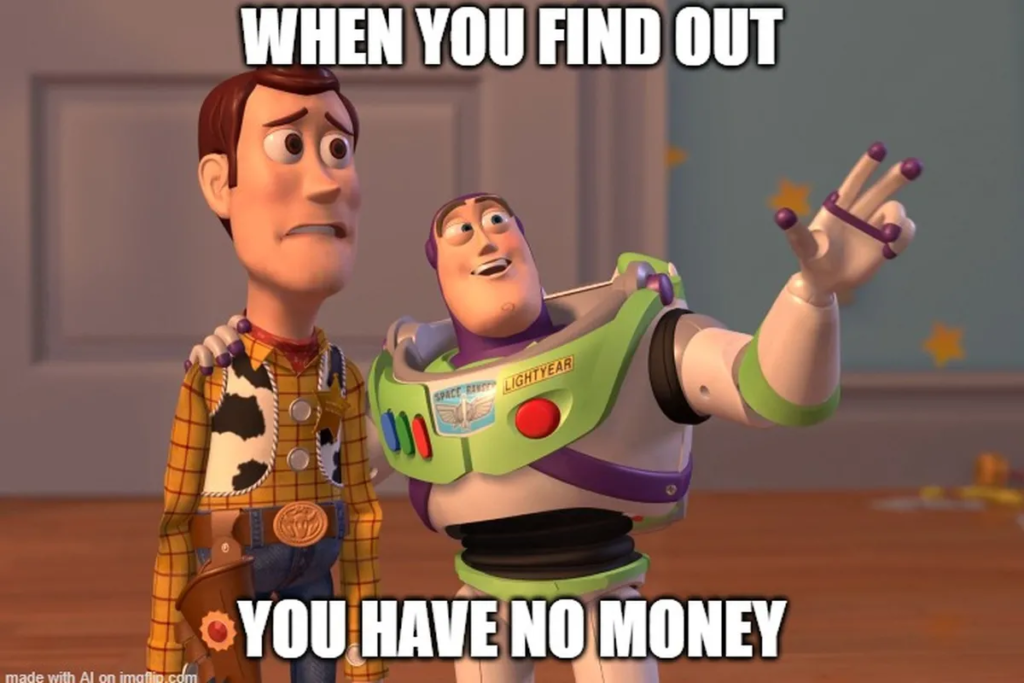Over the last six months, I have spoken with many startups that claim to have artificial intelligence (AI) as part of their solution. The reality is that many of these companies added AI to their pitch decks and materials without being able to showcase its impact. We are in a cycle in which lies and hopes are sold as the future. An incumbent, Amazon, has showcased the first example of an AI solution with financial impact.
We are in the early days of AI’s impact. Google has tried and removed its AI summaries as the outcomes were undesirable due to the volume and accuracy of searches consumers do. What is clear to me is that consumer AI solutions are years away from being relevant and financial drivers. That said, I believe business AI solutions are closer due to the specificity of solutions.




